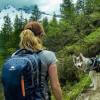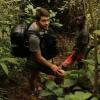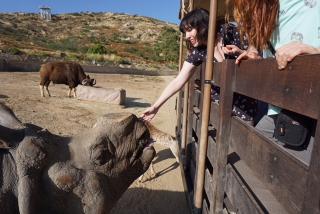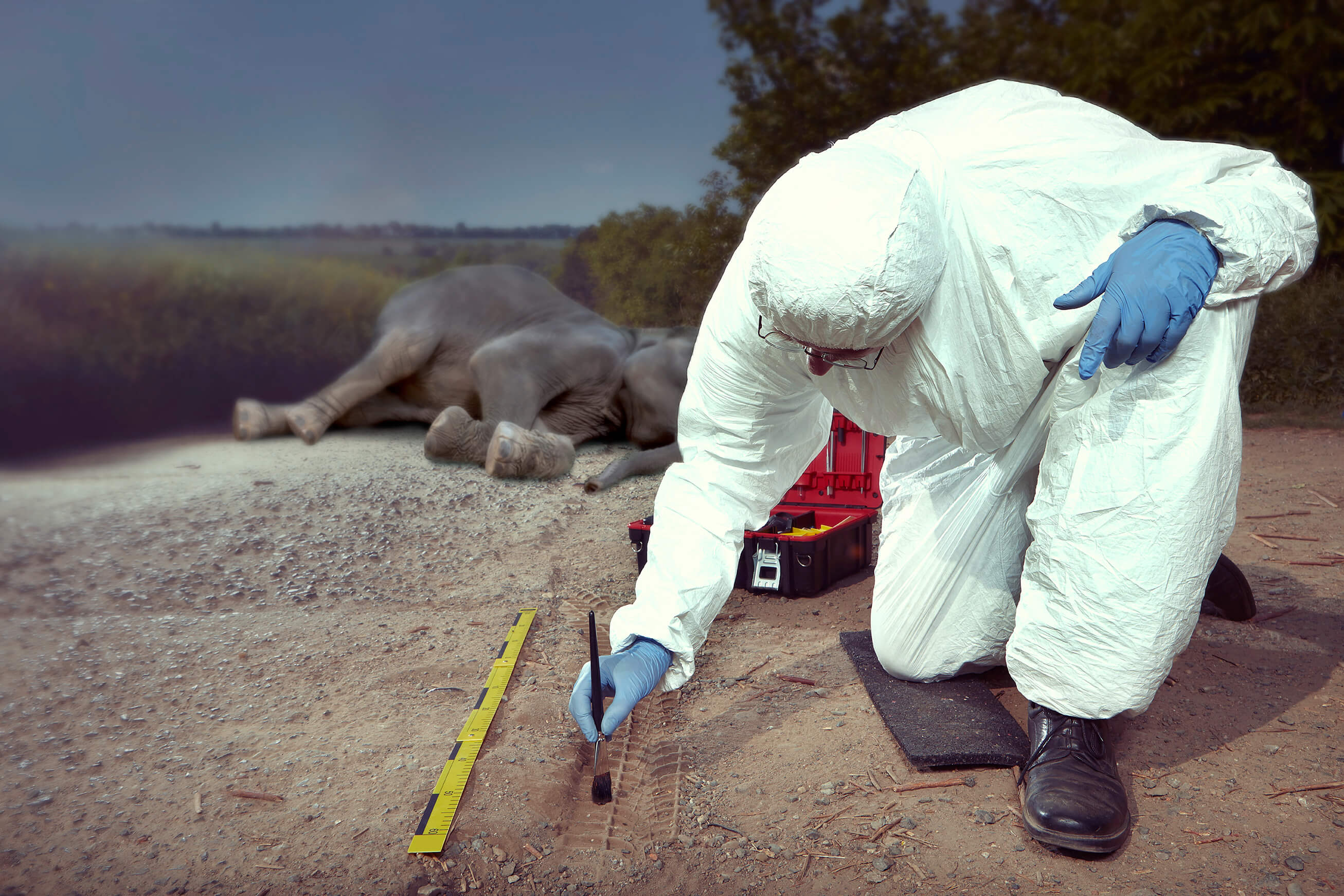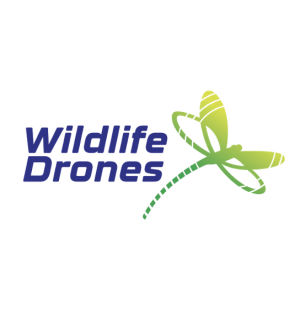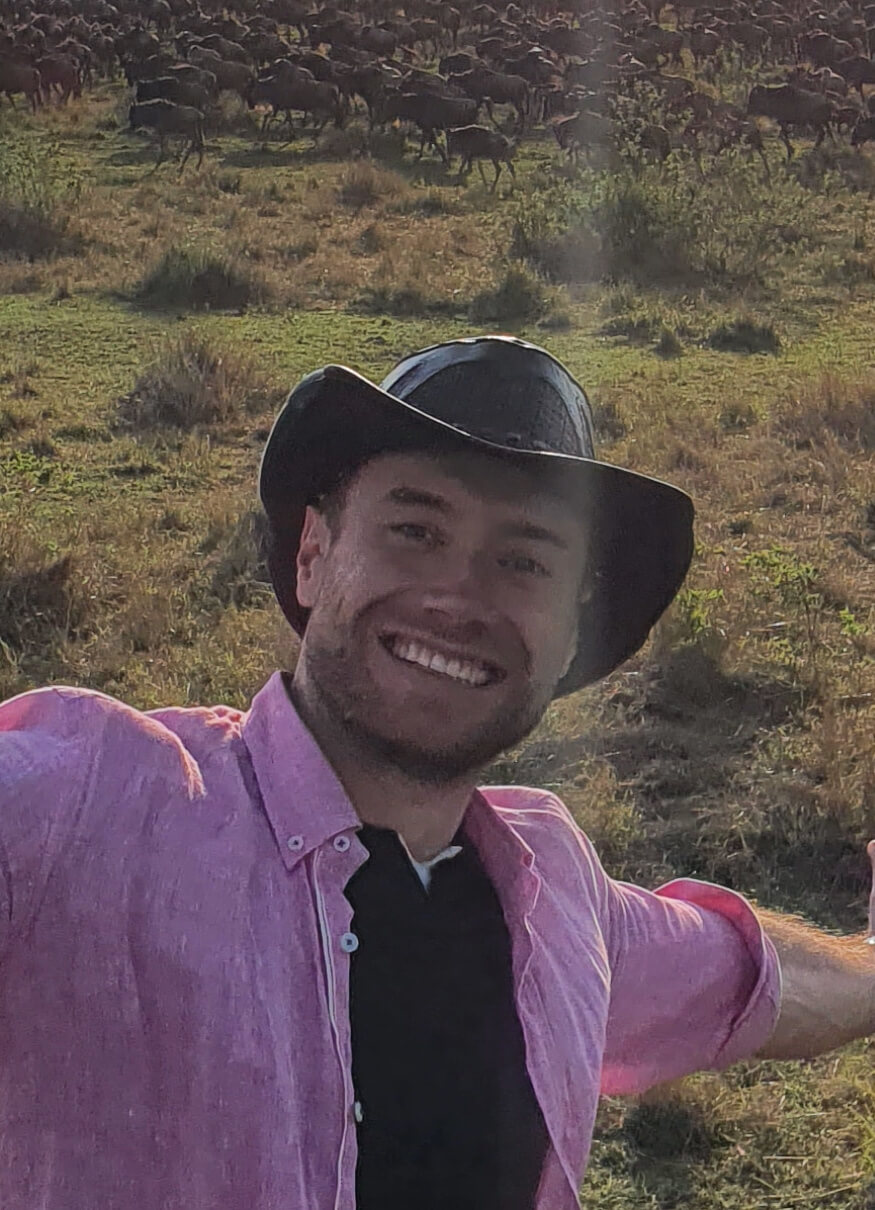Human-wildlife conflict is a shockingly common problem, often with enormous consequences for both individual animals and entire populations.
When human-wildlife conflict comes to mind, you may immediately think of wildlife crime instead - which isn't wrong, since many regions with wildlife crime problems like poaching are also areas where people may frequently deal with human-wildlife conflict, causing the two issues to go hand-in-hand. But human-wildlife conflict is a much broader issue encompassing many ways that human presence and interference can cause problems for us and animals alike. Human-wildlife conflict includes:
- Elephants trampling a farmer's crops, resulting in retaliation
- New real estate developments infringing on ecosystems where predator species live, leading to predators having less territory and less food, which in turn leads to predators attacking domestic animals and livestock
- Freeways dividing the territory of animals like mountain lions, leading to wildlife venturing into neighborhoods or being killed by cars
- Lead bullets used in hunting causing scavengers like condors to die of lead poisoning
These are just a few examples of how humans can negatively impact wildlife, and it's clear to see how many of these scenarios could escalate. Human-wildlife conflict solutions don't just include ways in which we can prevent these issues (for example, through tracking predators, monitoring populations' territories, or building barriers and wildlife crossings monitored by sensors), but also the ways in which we can help people connect with wildlife and care about learning to live alongside them.
If you're interested in solutions that can prevent human-wildlife conflict, join this group and get to know the people who are working to protect and save species around the world!
Header image: Casey Allen on Unsplash
I am biologist, I have studied wild life and ethnobiology at Amazon and caimans in Brazil
- 0 Resources
- 0 Discussions
- 10 Groups
- @AnnabelL
- | she/her
- 0 Resources
- 0 Discussions
- 10 Groups
- 0 Resources
- 3 Discussions
- 11 Groups
Conservation Writer, Storyteller, & Digital Strategist
- 0 Resources
- 0 Discussions
- 5 Groups
- @NinaBaranduin
- | She/ Her
Student in the Artificial Intelligence for Environmental Risk PhD CDT at the University of Cambridge
- 0 Resources
- 0 Discussions
- 1 Groups
- @NevilleCLS
- | He/Him
CLS (Collecte Localisation Satellites)
- 0 Resources
- 1 Discussions
- 14 Groups
Smart Parks
Founder of Smart Parks - www.smartparks.org / Founder of OpenCollar - https://opencollar.io



- 0 Resources
- 16 Discussions
- 5 Groups
Dzanga-Ndoki national park biodiversity monitoring



- 0 Resources
- 64 Discussions
- 10 Groups
- 0 Resources
- 0 Discussions
- 5 Groups
- 0 Resources
- 0 Discussions
- 14 Groups
- @Merin_Joji1297
- | She/her
Curently doing PhD at the University of Copenhagen on Effects of Shell asymmetry in Indian freshwater turtles using Geomteric morphometrics.
- 0 Resources
- 0 Discussions
- 4 Groups
Technologist, birder, photographer and mountain guide.
- 0 Resources
- 0 Discussions
- 18 Groups
In this Conservation Tech Showcase case study from Big Life Foundation, you’ll learn about their successes using EarthRanger and LoRaWAN Smart Parks Solution technologies to monitor wildlife in East Africa.
8 June 2023
Richard Turere from Kitengela, invents flashing lights to mitigate human wildlife conflict. He came up with “Lion Lights,” a system that deters predators such as lions from attacking livestock using flashing lights....
31 May 2023
Are you using or creating tech to protect wildlife? We want to support your organization through two $15,000 grants!
15 May 2023
Quick feature of Virgina Tech project using camera traps and biologgers to track bobcats, collecting data to inform human-wildlife coexistance efforts
26 April 2023
New paper in Trends in Parasitology discusses how acoustic monitoring can be used to assess presence and overlap of host or reservoir species, disease vectors and human activity.
8 March 2023
New article about how climate change and human-wildlife conflict go hand-in-hand. Would be interesting to hear from our climate change and HWC groups about how climate scientists and community members who are innovating...
1 March 2023
Article
Assessing the Efficacy of a Novel Olfactory Approach to Mitigating Elephant Crop Raiding in Uganda and Kenya
24 February 2023
Scholarships available for training courses focussing on nature restoration in East Africa
21 February 2023
Technology to End the Sixth Mass Extinction. Salary: $104k-144K; Location: Washington DC or Seattle WA, potential hybrid; 5+ years of Full stack development experience; Deadline March 15th - view post for full job...
10 February 2023
Frontiers in Conservation Science is calling for submissions for a Research Topic that aims at examining the paradoxical relationship that has been established in recent years between the flagships of new technology...
10 February 2023
Consultancy opportunity at ZSL for an experienced monitoring specialist to support species monitoring in rewilding landscapes across Europe
31 January 2023
Conservation partnership launches new award to advance biodiversity conservation from space
5 December 2022
June 2025
event
July 2025
October 2025
event
November 2023
event
32 Products
3 R&D Projects
40 Organisations
Recently updated products
Recently updated R&D Projects
Recently updated organisations
| Description | Activity | Replies | Groups | Updated |
|---|---|---|---|---|
| In that case, you might want to keep an eye on the project from @Lars_Holst_Hansen |
|
Camera Traps, AI for Conservation, Conservation Tech Training and Education, Early Career, Human-Wildlife Conflict, Protected Area Management Tools | 11 months 1 week ago | |
| Hey @FleuryGS :)Bright Frog Game Studios is producing some really cool environmental education video games that more people should know about! I've gone ahead and added it as an... |
|
Human-Wildlife Conflict | 1 year ago | |
| Totally agree.Inititally sceptical until I saw Helena and Graeme were involved.MJ |
|
Acoustics, Citizen Science, Community Base, Human-Wildlife Conflict | 1 year 1 month ago | |
| Hi @Henrikcox I hope you are well. I am not sure if you may remember myself and my colleague from CLS. We had a meeting and met in-person at Earthranger last year. ... |
+15
|
Human-Wildlife Conflict, Sensors | 1 year 1 month ago | |
| Great to know Lars! Let's stay in touch on this, would love to join the testing out there.Cheers,Henrik |
+68
|
Human-Wildlife Conflict | 1 year 1 month ago | |
| This thread is off-topic in this conversation, so happy to continue it in the other one. However, just noting - your system is one example, but not the only one - there are... |
|
Human-Wildlife Conflict, Data management and processing tools | 1 year 1 month ago | |
| Hello community, I wanted to share some exciting updates about my ongoing conservation project for endangered species. I post this here... |
|
Human-Wildlife Conflict, Early Career | 1 year 2 months ago | |
| Hi Rokshana,Maybe you can try this product from India called ANIDERS - I think this product would help you a lot. This is their website - |
|
Human-Wildlife Conflict, East Africa Community | 1 year 2 months ago | |
| Perfect thanks! I am still a novice using Python but my wife can help me! |
+6
|
AI for Conservation, Camera Traps, Human-Wildlife Conflict | 1 year 3 months ago | |
| Hi Danilo. you seem very passionate about this initiative which is a good start.It is an interesting coincidence that I am starting another project for the coral reefs in the... |
|
Acoustics, AI for Conservation, Animal Movement, Camera Traps, Citizen Science, Climate Change, Community Base, Connectivity, Drones, Emerging Tech, Human-Wildlife Conflict, Open Source Solutions, Sensors, Software Development, Wildlife Crime, Funding and Finance | 1 year 3 months ago | |
| Hi Jacobo,We have launched a new tracking/logging/finding technology which you may find of interest https://www.tagranger.com/ Based on LoRaWAN (but with yor own... |
+6
|
Human-Wildlife Conflict | 1 year 3 months ago | |
| Fire detection is a sort of broad idea. Usually people detect the products of fire, and most often this is smoke.Many home fire detectors in the US use a radioactive source... |
|
Community Base, Conservation Tech Training and Education, Data management and processing tools, Ethics of Conservation Tech, Human-Wildlife Conflict, Open Source Solutions, Protected Area Management Tools, Sensors, Wildlife Crime | 1 year 4 months ago |


